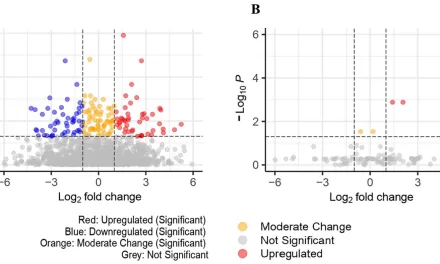March 10, 2024 – In an age where smartphones have become ubiquitous, concerns over their adverse effects on children’s health are growing. Doctors are sounding the alarm, cautioning parents about the detrimental impacts of excessive screen time on physical and behavioral well-being, particularly among children under the age of 10.
According to guidelines from the World Health Organization (WHO), children under five should spend limited time in front of screens, with infants and one-year-olds advised against any screen exposure. Children aged two should not exceed one hour of screen time per day. However, alarming trends indicate that even toddlers as young as one and a half years old are being handed smartphones by their parents, notes Dr. Rajiv Uttam, Director of Paediatric Pulmonology and Critical Care Paediatrics at Medanta The Medicity, Gurugram.
Dr. Uttam emphasizes that excessive smartphone use among young children can lead to various physical ailments, including diarrhea, fever, and other health issues. Moreover, numerous studies have highlighted the adverse effects of smartphone addiction on eye health, such as vision impairment and dry eyes, attributed primarily to radiation exposure at close distances.
Dr. Vikas Taneja, Consultant Paediatrics at Manipal Hospital, Dwarka, underscores the link between prolonged smartphone use and eye strain, citing symptoms like redness, itching, headaches, and disrupted sleep patterns. This, in turn, can contribute to anxiety, depression, aggression, and behavioral changes, akin to virtual autism, among children.
Furthermore, habitual smartphone use during meals can foster poor eating habits, obesity, and related health issues like hypertension and elevated blood sugar levels, putting children at risk of developing pre-diabetic conditions.
Addressing these concerns, health experts advocate for parents to prioritize quality time with their children, promote healthy eating habits, and limit screen time. Encouraging outdoor activities and nutritious meals alongside technological exposure can foster holistic child development while mitigating the risks associated with excessive smartphone use.
As the prevalence of smartphone addiction among young children continues to rise, proactive measures at home and in the community are essential to safeguarding the well-being of future generations.












